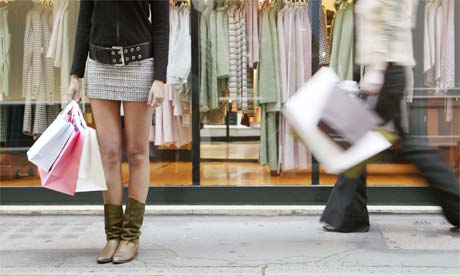 On my day off I went to London to the Tate Modern and a number of things struck me. Perhaps the biggest surprise was that art is no different to anything else - the excellent stands head and shoulders above the good. I had assumed - not being an art afficionado - that good artists painted good pictures - and for all I know the experts might agree - but my observation was that even good artists paint lesser pieces. I would perhaps compare it to sport where there are certain performers who can raise their sport to a different level. So for example I enjoy watching good quality rugby (shame I'm an England supporter right now) but even Premiership games leave me unmoved. And sometimes there are performers who will take a sport that no one watches and make it unmissable, Torvill and Dean perhaps?
On my day off I went to London to the Tate Modern and a number of things struck me. Perhaps the biggest surprise was that art is no different to anything else - the excellent stands head and shoulders above the good. I had assumed - not being an art afficionado - that good artists painted good pictures - and for all I know the experts might agree - but my observation was that even good artists paint lesser pieces. I would perhaps compare it to sport where there are certain performers who can raise their sport to a different level. So for example I enjoy watching good quality rugby (shame I'm an England supporter right now) but even Premiership games leave me unmoved. And sometimes there are performers who will take a sport that no one watches and make it unmissable, Torvill and Dean perhaps?Then there was the appearance of some of these lesser pieces. Some looked to me no better than things that I have seen in schools. That set me thinking about the difference between modern art and older art. Some of the modern art had little physical skill in its production - anyone could have produced it (one of the pieces was reproduced each installation by staff following the artists instructions) whereas the Old Masters appear to me to require considerable techincal ability to produce. So what is it that makes something art? Is it the technical ability required to produce it, or is it the emotional reaction that it generates? What I found interesting was that there were some pieces which generated an emotional reaction without looking like "art".
And that made me think about how that relates to religion. Worship is about giving praise to God, and prayer about communicating with God - but these can happen in a variety of ways - the important thing is that they happen - not the format in which they happen.
Oh, and the picture... One of the surprises of the day. Although no art afficionado I know that Jackson Pollock dripped paint onto canvas, what I didn't know was that he also painted pictures!

